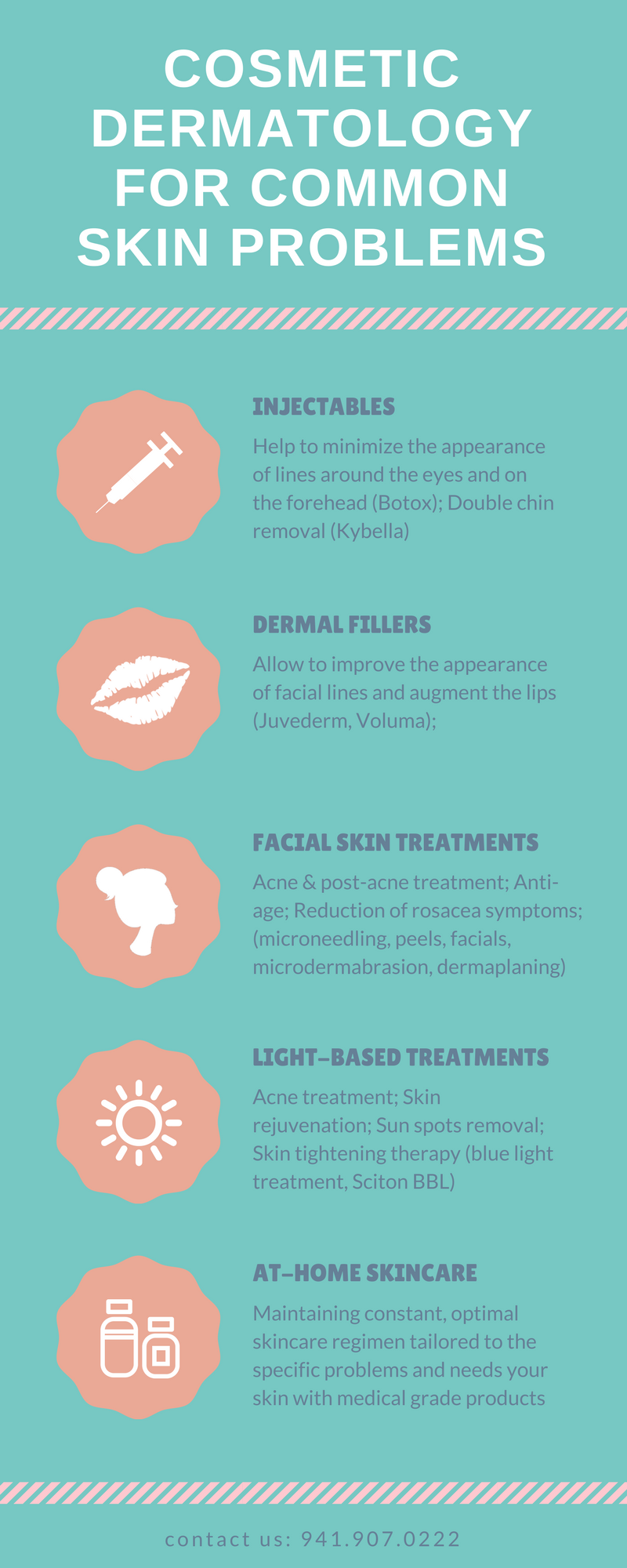Misconceptions And Realities Regarding Acne: Debunking Common Misconceptions
Misconceptions And Realities Regarding Acne: Debunking Common Misconceptions
Blog Article
Web Content Author-Upton Morse
You could believe that enjoying chocolate or oily foods is the origin of your acne, but that's just one of several myths swirling around this typical skin problem. Actually, acne largely originates from clogged hair follicles, not your last dessert. Misunderstandings like these can lead you to embrace ineffective skin care techniques that might even aggravate your situation. As you navigate the facts behind acne, you'll uncover insights that can change your approach to skincare and help you achieve clearer skin. So, what really exists below the surface?
Common Myths About Acne
When it pertains to acne, many individuals believe in usual misconceptions that can lead to confusion and aggravation. One prevalent myth is that eating chocolate or greasy foods causes acne. While diet plan can affect skin health, the direct link in between details foods and acne isn't as clear-cut as many think.
Recommended Online site is that you need to scrub your face strongly to clear up breakouts. In reality, aggressive rubbing can irritate your skin and worsen acne.
You may additionally think that acne just affects young adults, but adults can experience it as well, frequently as a result of hormonal changes or anxiety. Some individuals believe that tanning can clear up acne, but sun direct exposure can really cause skin damages and intensify outbreaks in the long run.
Lastly, lots of think that using harsh items will remove acne quickly. Nonetheless, these products can strip your skin of its all-natural oils, leading to boosted irritation and more outbreaks.
Scientific Information Behind Acne
Comprehending the clinical truths behind acne can empower you to tackle this typical skin disease more effectively.
Acne happens when hair roots end up being obstructed with oil, dead skin cells, and germs. https://hairrestoration99877.bloggip.com/32262246/the-science-behind-acne-treatment-just-how-components-work-to-clear-skin starts with an overflow of sebum, the oil your skin normally generates. Hormonal adjustments, specifically during the age of puberty or menstrual cycle, can trigger this excess oil.
Microorganisms known as Propionibacterium acnes prosper in these clogged up pores, leading to inflammation. When your immune system reacts, it can cause redness and swelling, resulting in those bothersome pimples or cysts.
Genetics also play a role; if your moms and dads had acne, you could be more vulnerable to it.
Diet and tension levels can affect acne also, but study is still developing in these areas. While enjoying greasy foods won't straight cause breakouts, a balanced diet can sustain your skin health and wellness.
Likewise, managing anxiety can lower hormone fluctuations that might worsen acne.
Tips for Taking Care Of Acne
Handling acne effectively requires a mix of everyday skincare practices and lifestyle modifications. Beginning by establishing a regular skincare routine. Clean your face two times a day with a gentle, non-comedogenic cleanser to eliminate dust and excess oil. Prevent scrubbing too hard, as this can aggravate your skin and worsen acne.
Next off, incorporate items containing salicylic acid or benzoyl peroxide to help stop breakouts. Always follow up with a light-weight, oil-free moisturizer to maintain your skin hydrated. Do not forget sun block; select non-comedogenic options to shield your skin from UV damages without clogging pores.
Past skincare, take notice of your diet. Limitation sweet and oily foods, and focus on fruits, veggies, and whole grains. Remaining hydrated is vital, so beverage plenty of water throughout the day.
Furthermore, take https://www.popsugar.com/beauty/zoom-dysmorphia-plastic-surgery-trends-48137238 of stress and anxiety via activities like yoga exercise, reflection, or workout, as stress and anxiety can cause outbreaks.
Lastly, avoid choosing or popping pimples. This can bring about scarring and additional swelling. If your acne lingers, consult a dermatologist for customized therapy options.
Final thought
In conclusion, it's vital to separate truth from fiction when it comes to acne. By exposing usual misconceptions, you can better recognize your skin and make educated selections for your skincare routine. So, why continue to believe in obsolete concepts when the reality can equip you? Welcome healthier practices, focus on mild cleaning, and keep in mind that taking care of acne is a trip. With the appropriate expertise, you're one step closer to more clear, healthier skin.
